Make Pedos Accountable Again Trump Epstein Best Friends Shirt
$22.99 Original price was: $22.99.$18.99Current price is: $18.99.
In recent times, the phrase “Make Pedos Accountable Again Trump Epstein Best Friends Shirt” has become a hot topic in discussions about accountability and justice for victims of sexual abuse. The phrase, though provocative, prompts necessary conversations about the past associations of high-profile individuals and their implications in light of ongoing societal issues. Whether worn as a statement piece or used to generate awareness, the shirt symbolizes a strong sentiment aimed at confronting and addressing pedophilia.

Understanding how to effectively use phrases like “Make Pedos Accountable Again Trump Epstein Best Friends Shirt” can transform them from mere slogans into powerful tools for advocacy and change.
The Message Behind the Shirt
The shirt encapsulates the broader narrative surrounding accountability in various spheres. The intersection of high-profile friendships and criminal activities has raised important ethical questions.
The Context of the Message
To fully appreciate the significance behind “Make Pedos Accountable Again Trump Epstein Best Friends Shirt,” it’s essential to understand the social and political context in which it exists.
Many see the friendship between Donald Trump and Jeffrey Epstein as emblematic of a larger societal issue where privileged individuals appear to evade justice. The shirt’s message captures the frustration towards the legal system and its perceived failure to protect victims, especially in cases involving influential figures.
Symbolism of Social Justice
The phrase signifies a call to action for broader societal change. It acts as a rallying cry for those who champion victim rights and aim to dismantle systems that enable abuse.
When worn, the shirt serves as a verbal confrontation to the silence surrounding sexual abuse, creating a space for victims to share their stories and seek justice. Advocacy becomes intertwined with fashion, turning a simple t-shirt into a potent message for change.
How the Shirt Sparks Conversations
One of the primary functions of the shirt is its ability to initiate dialogue. Wearing a piece like the “Make Pedos Accountable Again Trump Epstein Best Friends Shirt” invites discussion about the connections between powerful figures and heinous crimes.
Such discussions are crucial in breaking down societal taboos around these topics and pushing for transparency and accountability at every level.
Crafting Your Message: How to Use the Shirt Effectively
The ways in which one can utilize the “Make Pedos Accountable Again Trump Epstein Best Friends Shirt” go beyond merely donning it. The shirt provides an opportunity to engage in meaningful conversations and advocate for change.
Start Local and Build Community
If you’re considering how best to leverage the shirt for advocacy, begin within your local community.
- Organize events or forums focused on discussing sexual abuse and victim rights.
- Invite local advocates and organizations to share their expertise and resources.
- Use the shirt as a symbol of unity, allowing participants to wear it in solidarity.
This can help build a supportive network focused on advocacy and awareness, essential for fostering a communal approach to tackling these issues.
Engage on Social Media Platforms
Branding the shirt online can broaden your reach significantly.
- Utilize platforms like Instagram, Twitter, and TikTok to share thoughts, resources, and discussions surrounding the themes encapsulated in the shirt.
- Create educational content that contextualizes the phrase, focusing on awareness and prevention.
Social media can amplify your message, turning it from a localized conversation into a global movement.
Collaborate with Influencers and Celebrities
Influencers can play a key role in promoting conversations surrounding the themes represented by the shirt.
- Partnering with figures who share your values may help stimulate engagement among their followers.
- Build campaigns that emphasize the importance of holding individuals accountable, using the shirt to reinforce your message.
Elevating the conversation around the phrase can encourage new audiences to explore these pressing issues.
The Ethical Dilemma: Comparing Public Figures and Accountability
What happens when someone like Trump is associated with individuals like Epstein? The ethical breach extends beyond personal choices, affecting their broader public narrative.
The Role of Celebrity Culture
Understanding the power dynamics at play is critical to examining accountability structures in society.
- Celebrities often wield significant influence over public perception and can potentially serve as advocates for or against societal issues.
- When public figures like Trump associate with those alleged to commit heinous acts, it complicates the moral message they send to their followers, creating dissonance in public values.
The juxtaposition of celebrity and accountability can spark critical examination of the values we uphold as a society.
Transparency and Accountability Mechanisms
The call to “Make Pedos Accountable Again” resonates deeply in an era when transparency is crucial.
- The legal system should enforce strict consequences and public accountability mechanisms for those accused of child exploitation.
- Establishing a culture of transparency could disincentivize powerful figures from evading justice.
Analyzing the complexities behind accountability structures lays the groundwork for systemic change, urging society to do better.
Public Relations and Victim Advocacy
The public relations strategies surrounding offenders can further muddy the narrative of accountability.
- Often, the media plays a role in shaping public perception. High-profile offenders may receive favorable treatment that perpetuates the cycle of abuse.
- Advocating for more victim-centered media representations helps shift the focus towards prevention and support for survivors.
Focusing on empowering those who have suffered rather than shielding powerful individuals is essential for creating an equitable society.
Addressing the Backlash: Navigating Controversies Surrounding the Message
As with any contentious topic, the “Make Pedos Accountable Again Trump Epstein Best Friends Shirt” may face backlash. Understanding how to address criticism constructively is key to fostering open dialogue.
Recognizing Different Perspectives
When engaging with critics, it’s important to acknowledge the variety of perspectives encountered.
- Some may view the shirt as a gimmick rather than a legitimate form of advocacy.
- Others might argue that connecting these figures oversimplifies complex social issues.
Engaging constructively with detractors while acknowledging their viewpoints can lead to enriching conversations and even shared aspirations for change.
Stigmas and Misunderstandings
The term “pedophile” itself evokes strong emotions and can sometimes deter open discussions.
- Striving to educate individuals about the complexities and nuances surrounding sexual crimes can foster understanding.
- Clarifying misconceptions may lead to an informed dialogue that underscores the urgency for change.
Finding common ground through education creates a more compassionate approach to addressing critical issues.
The Road Ahead: Building Momentum for Change
Moving beyond the controversies, it’s essential to focus on how the shirt can symbolize collective momentum towards change.
- Transparency in advocating for victims and pushing for systemic reforms leads to positive societal shifts.
- Continued support for local and national organizations can bolster trust in the system.
By creating a united front dedicated to accountability, we can mitigate the threat of exploitation within society.
Conclusion
The “Make Pedos Accountable Again Trump Epstein Best Friends Shirt” embodies more than just a statement—it’s a call to action for justice and accountability. Through thoughtful dialogue, community engagement, and collaboration, this shirt symbolizes an opportunity to confront the pervasive issue of child exploitation. By harnessing its power, we can foster a culture that prioritizes victims and demands transparency, ultimately leading to a more just society.
Be the first to review “Make Pedos Accountable Again Trump Epstein Best Friends Shirt” Cancel reply
Related products
Trending Clothing
Trending Clothing
Trending Clothing
Trending Clothing
Trending Clothing
Trending Clothing
Trending Clothing
Trending Clothing


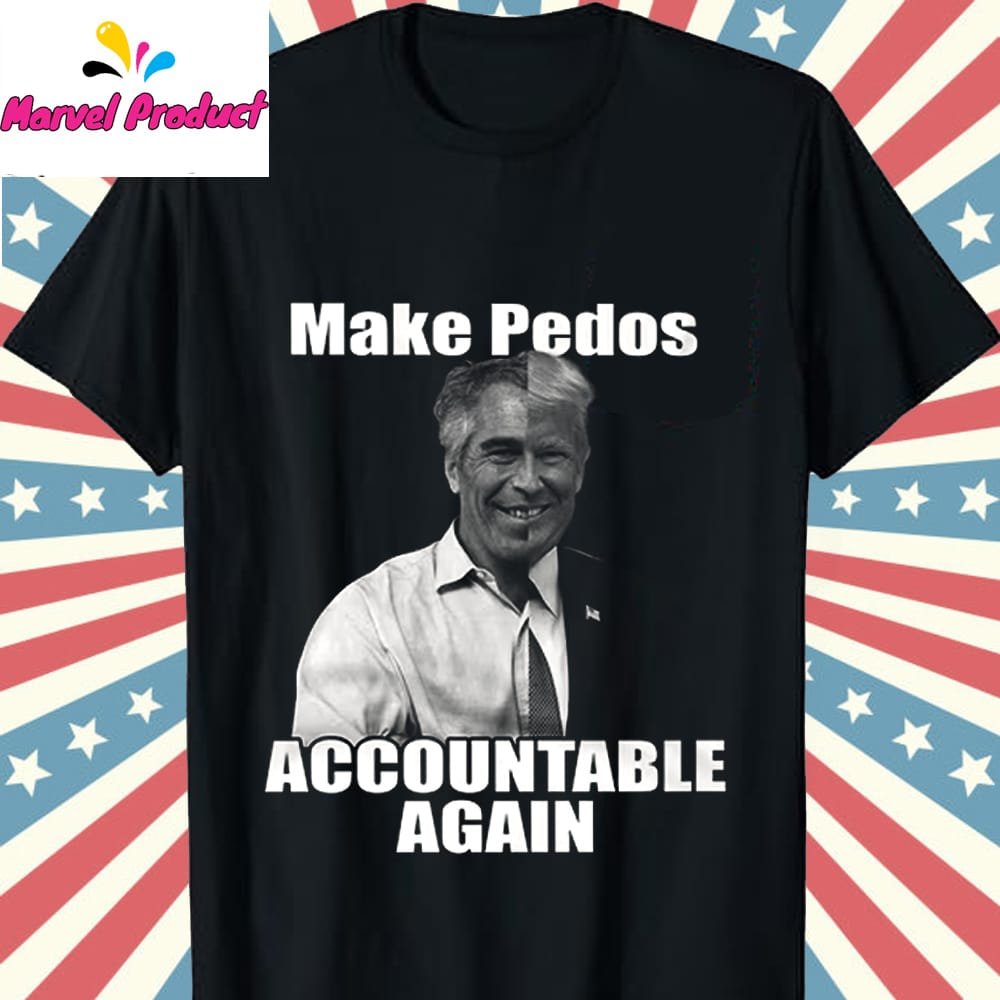
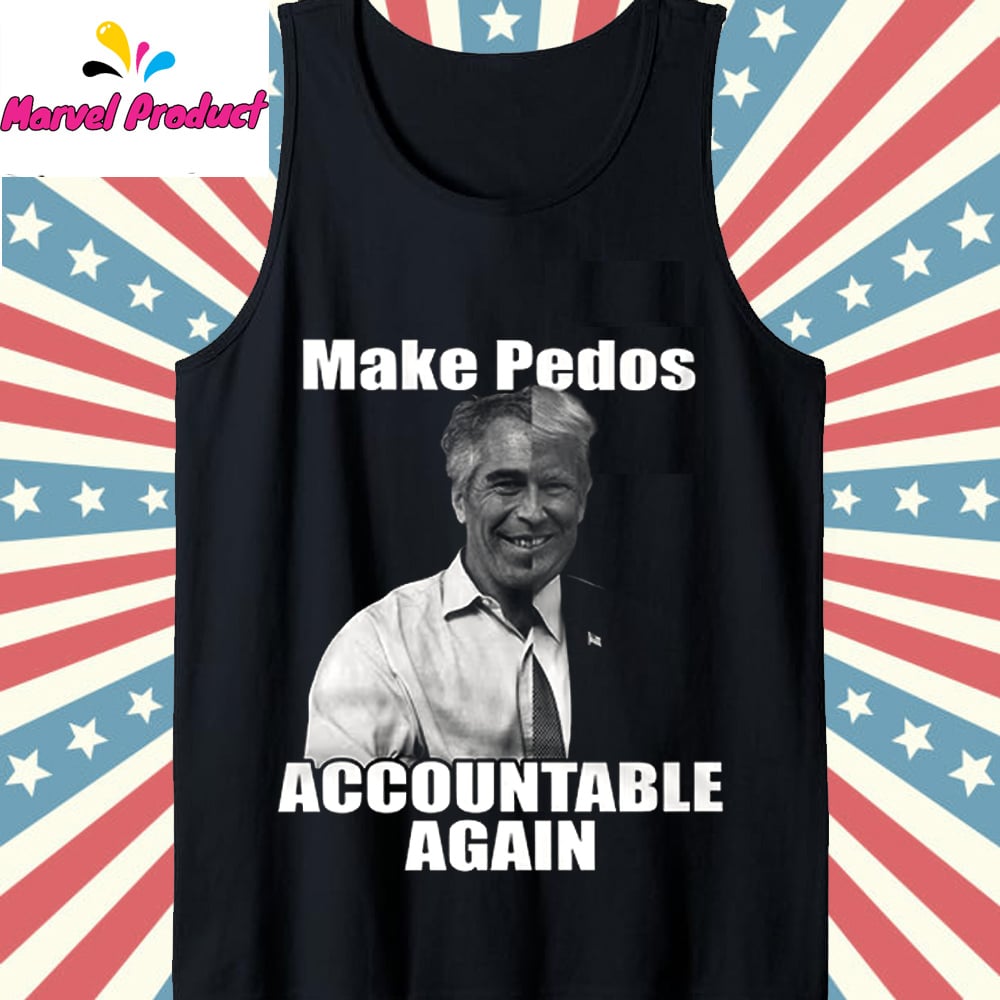
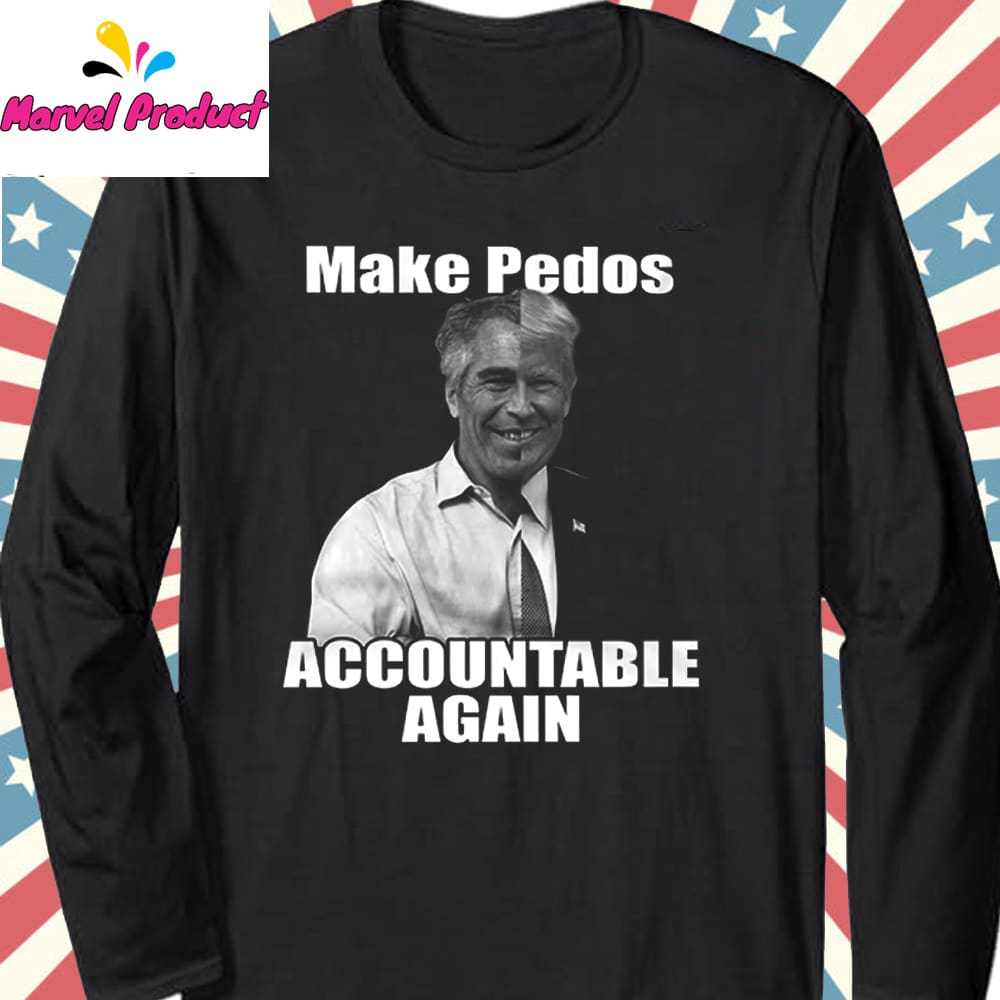







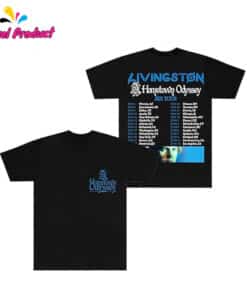
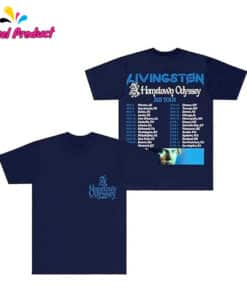




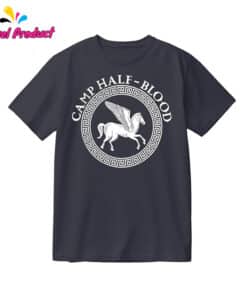
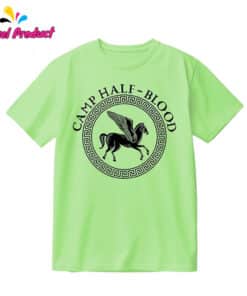








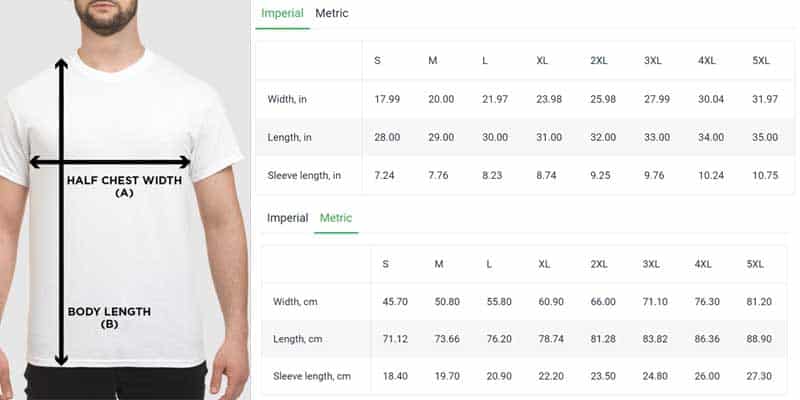
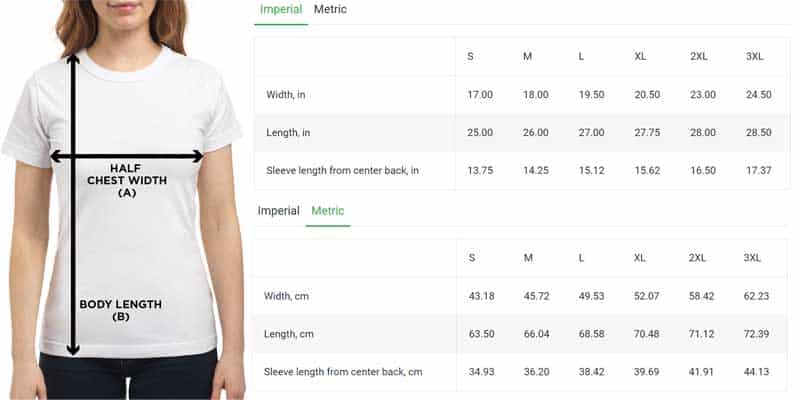
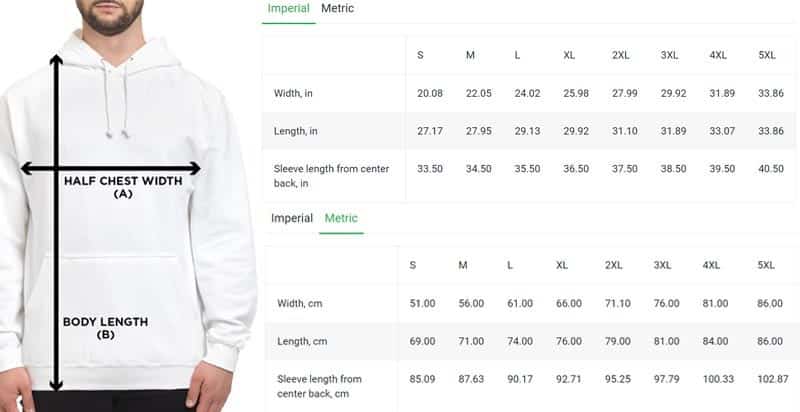
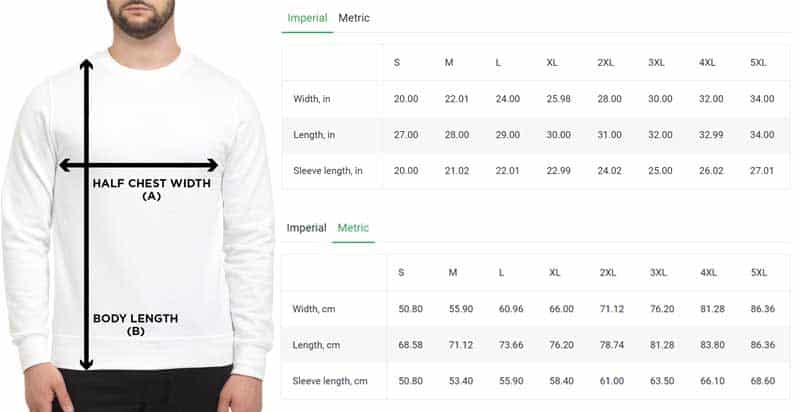
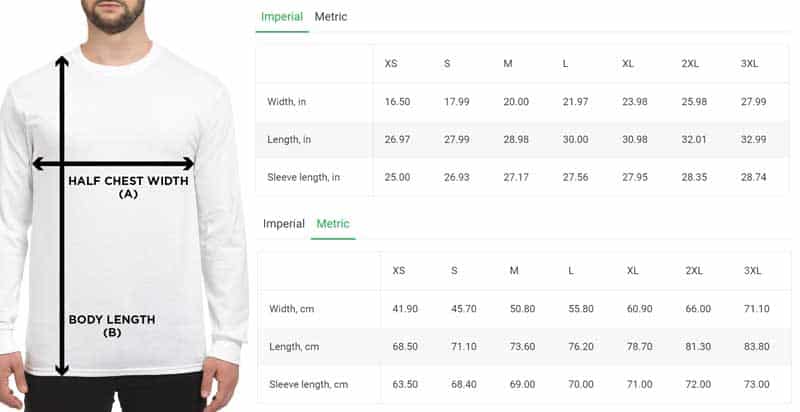
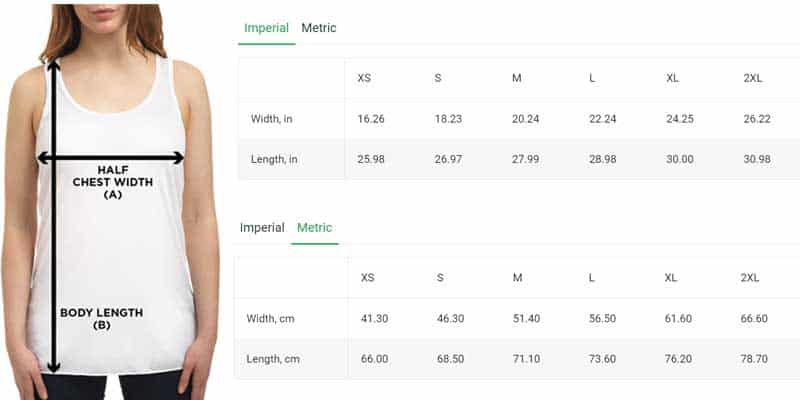
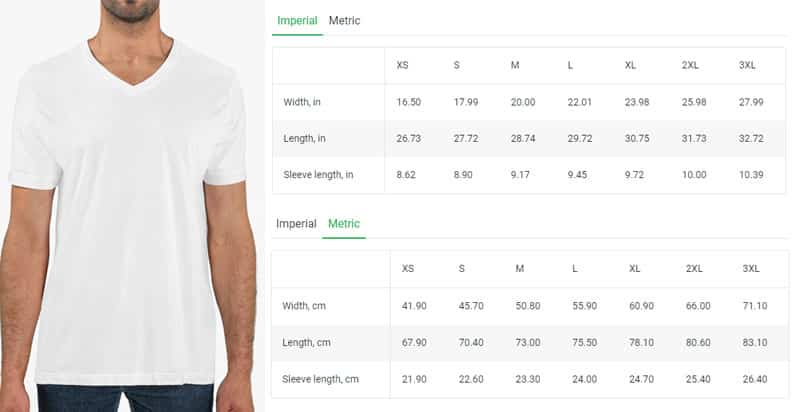
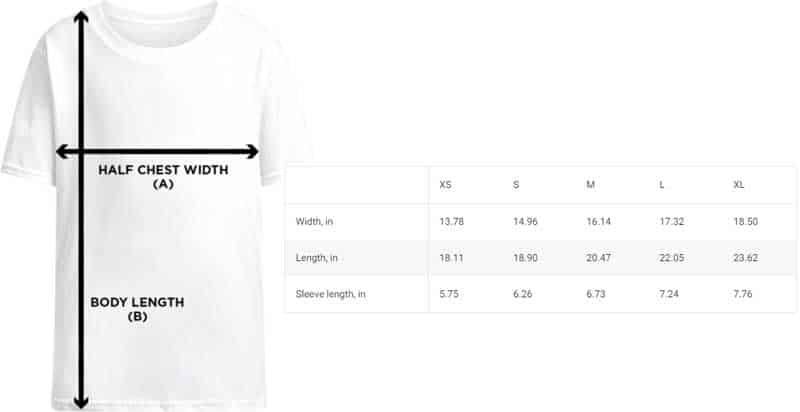
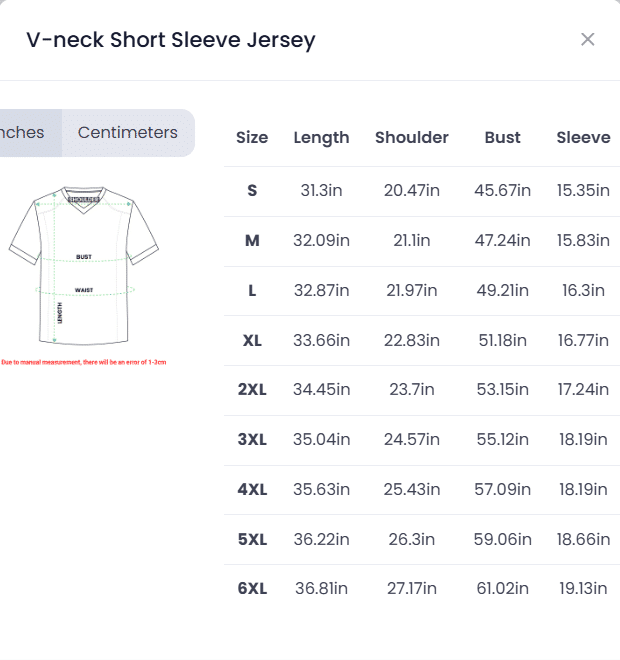
Reviews
There are no reviews yet.